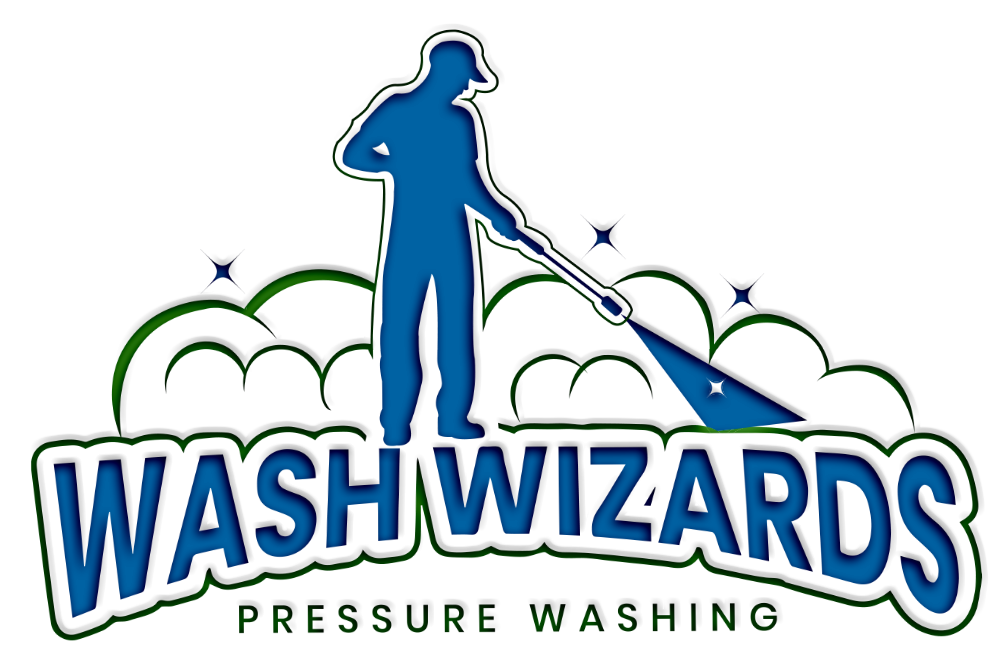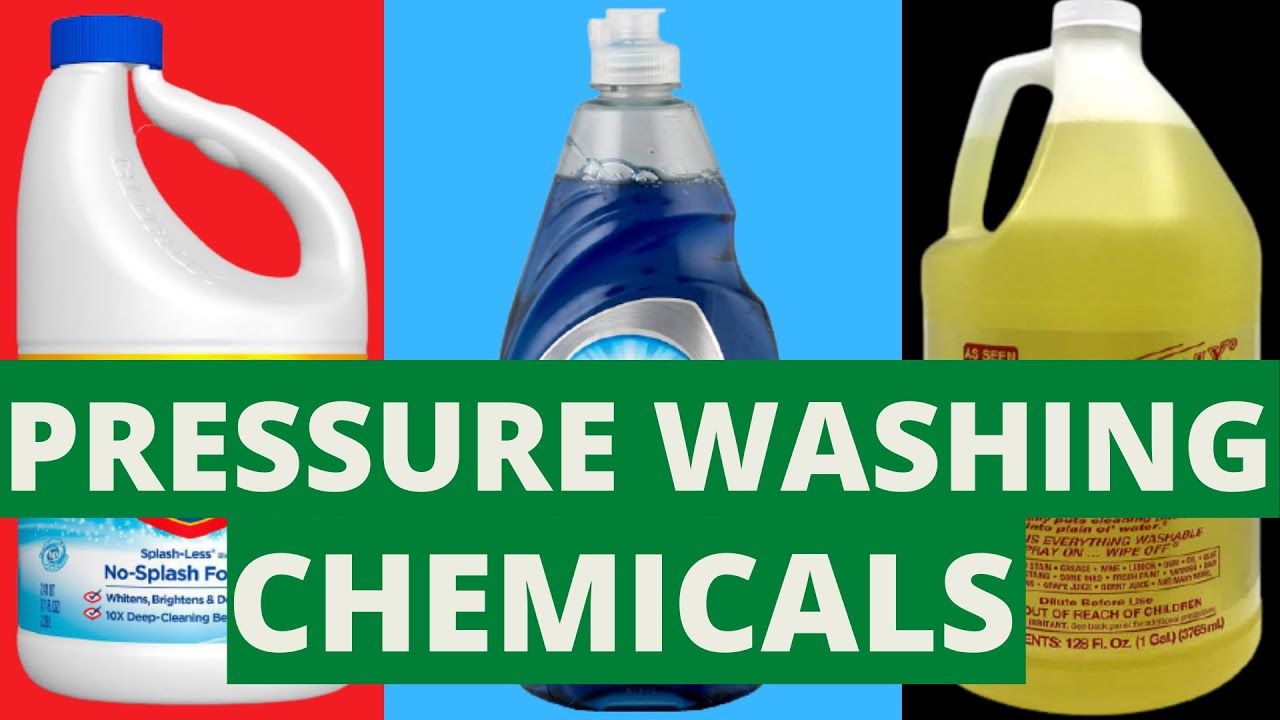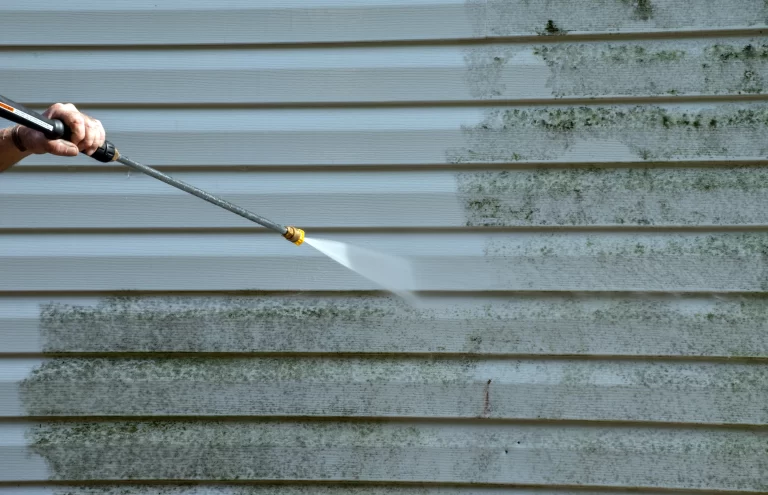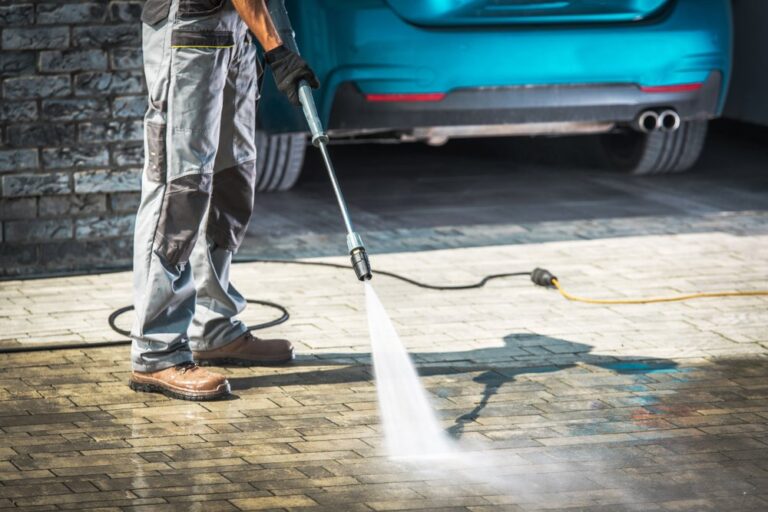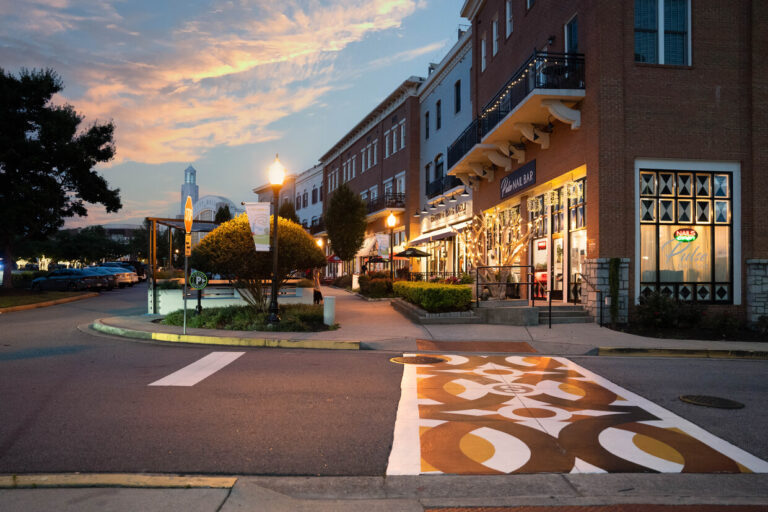Choosing the Right Chemicals for Pressure Washing Different Surfaces
Pressure washing is an effective way to clean a variety of surfaces, but using the right chemicals is crucial to avoid damaging them. Different surfaces have different needs, and using the wrong cleaner can lead to costly repairs. Here’s a guide to help you understand which chemicals are best suited for common surfaces like concrete, wood, and siding.
1. The Importance of Surface-Specific Chemicals
The right chemical not only makes the cleaning process more effective but also protects the surface being cleaned. For instance, while strong bleach might work on concrete, it could seriously damage wood or paint.
2. Common Pressure Washing Chemicals
- Sodium Hypochlorite: Often used as a bleach, this is effective for tough stains but must be diluted correctly to prevent damage.
- Citric Acid: A safer option for softer surfaces, citric acid is biodegradable and gentle on surfaces like wood.
- Sodium Hydroxide: Commonly used as a degreaser, this chemical works well on concrete but should be handled carefully as it is corrosive.
3. Eco-Friendly and Safe Chemical Options
Eco-friendly chemicals are increasingly popular for their reduced environmental impact. Biodegradable cleaners are safer for plants, pets, and the environment, making them ideal for residential areas.
4. Safety Tips for Handling Pressure Washing Chemicals
Chemicals should always be handled with care. Wear protective gear, dilute chemicals as recommended, and make sure you’re using the right concentration for each surface. When in doubt, hire a professional who understands the correct applications.
Final Thoughts
Choosing the right chemicals for pressure washing is essential to achieving a clean, damage-free surface. At Wash Wizards, we prioritize safety and use eco-friendly, effective solutions tailored to each surface. Contact us to learn more about our pressure washing services in Suwanee, GA.
